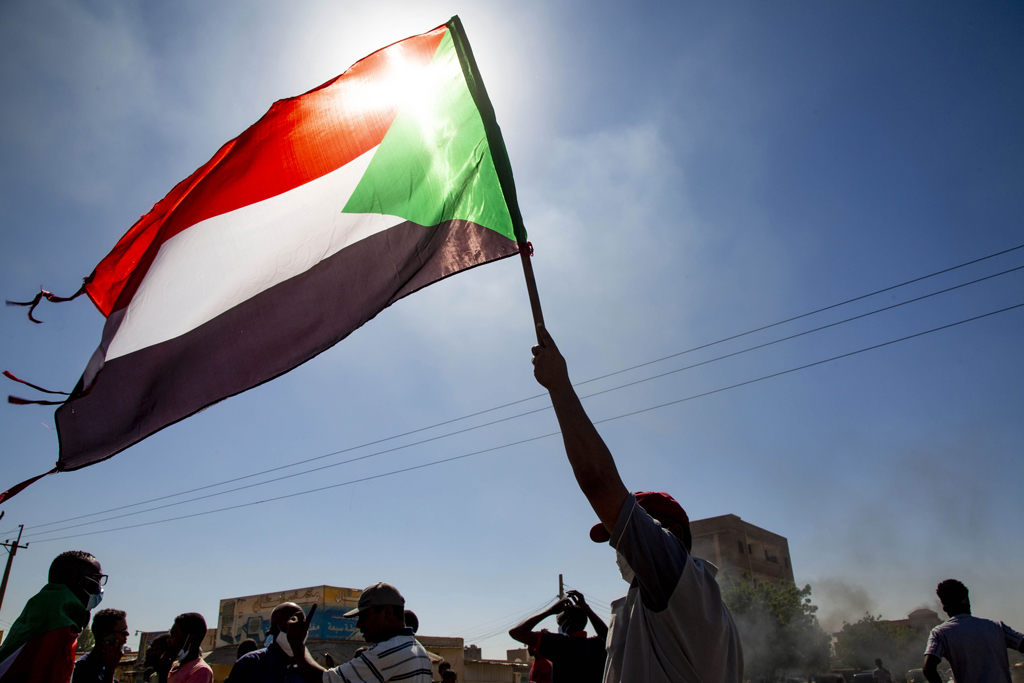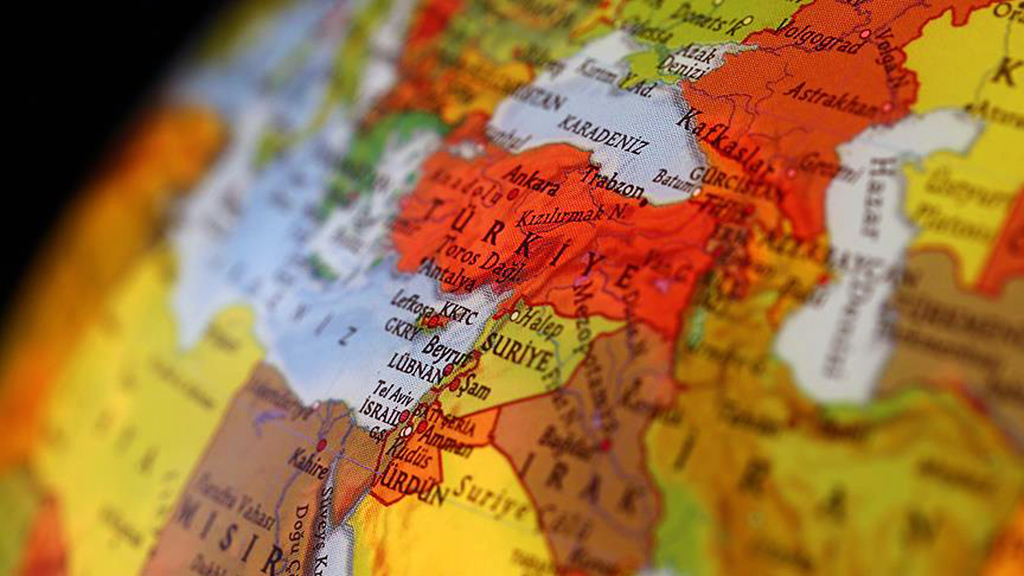The carnage in Iraq is continuing without lessening. The slaughter has neither direction nor meaning. No one can even name what is happening: is it a civil war? Resistance? Sectarian violence? Insurgency? A proxy war? Now both Americans and Iraqi leaders admit they cannot control the situation. The new Bush plan to send 21,500 new American troops to Baghdad is unlikely to stop the bloodshed. It will only increase the suspicion that Americans have no intentions of leaving Iraq or giving a timetable for withdrawal. In turn, this will only further weaken the already weak Maliki government, which is in the process of forming a new cabinet.
None of these is simply the result of bad security planning. The way that the post-Saddam and post-invasion Iraq stablilisation strategy was constructed was deeply flawed from the outset. The fatally flawed assumption that destroying everything that belonged to the period of Saddam Hossein, cleansing Iraq of the Baathist order, would open a new and clean chapter in Iraq, turned out to be a disaster. Killing and destroying is never the best way to confront and solve a problem. The new government of Iraq simply postponed the real dilemmas of Iraq, or found subtle ways to ignore it. A new Iraq, which day by day saw so much military power, bombings, killings, murders, kidnappings and pillaging; was bound to be stuck in mud, tears and blood. The theatrical execution of Saddam Hossein was nothing but a new episode in this mind-boggling and inhumane game. Never mind that Saddam's execution on the day of the Sunni celebration of the eid al-adha, and one day before the Shi'a celebration -- while the Iraqi constitution doesn't allow execution on religious holidays, thus implicitly denying the Sunni-accepted day of celebration -- was a perfect setup to inflame the sectarian violence in Iraq. What is most alarming from this episode is that now killing is seen as the only way to justice. In this state of madness, who can discuss the human and legal aspects of capital punishment and whether the new Iraq needs it? What Iraq needs now is not more killing in the name of justice, state, resistance, freedom or democracy. Regardless of who does it, more killing will make people further desensitized towards the value of human lives. It will harden their hearts, fuel their sense of revenge, and turn them into beings filled with rage and hatred. In an ambiance like this, every thing from ethnicity to sect, from religion to tribal ties, will become an excuse for more hatred and more killing. Iraq needs a national reconciliation in the widest sense of the term. The only way to bring Iraqis together again and enable them to look in each others' face is a new climate in which they will build their future not on blood or revenge but on compassion and brotherhood. This should be a reconciliation beyond any political or economic calculations. A reconciliation that will touch the minds and hearts of all Iraqis regardless of their ethnic, religious, sectarian, tribal and political affiliations. This is needed more urgently than democracy or a new cabinet or new investments. What we call democracy in Iraq so far has been nothing but a bloody game of identity politics. Can we call it democracy when voting is based on narrow sectarian and ethnic bonds? Without overcoming the deadly consequences of identity politics, Iraqis and their neighbors like us will never see peace and stability in their land. An important part of this national reconciliation act is to convince the Sunnis of Iraq that they have not been left out, that they are not alone, and that they are part and parcel of the new Iraq not only in words, but also in deeds. Iraq's future depends on uniting differences, not deepening them. Neither the current cycle of violence nor the legal system in place including the constitution can guarantee the unity of the hearts and minds of the Iraqis. A national reconciliation for Iraq is not daydreaming. It is easier said than done. But it is possible. Because it is an act of mercy and compassion. I








